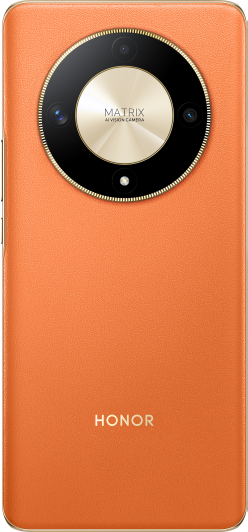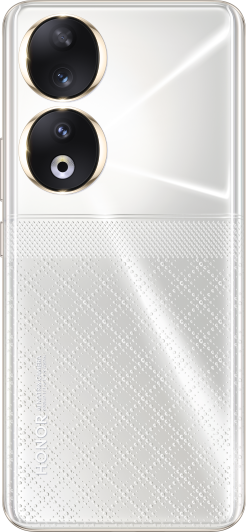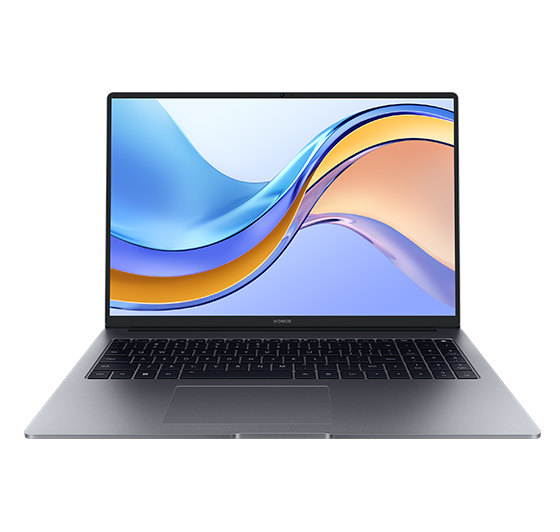
我的荣耀 开启荣耀之旅
By clicking AGREE, you indicate that you accept the HONOR PLATFORM TERMS OF USE.
Keep up to date with Honor products, services and discounts via email.
For further details about withdrawing your consent, please see HONOR Platform Privacy Statement.

HONOR View20 brings artificial intelligence to life
Once Artificial Intelligence (AI) was the stuff of movie fantasy but the technology has successfully leapt from the realm of sci-fi to the mainstream. Industry insiders now believe it will revolutionize smartphone design and manufacture, and transform how consumers use their phones, according to a 2018 report by the Economist Intelligence Unit (EIU)—called Prioritisation and Precision—that examines how artificial intelligence and design thinking will transform technology production.
Imagine you’re in an unfamiliar city. The map app on your phone isn’t functioning properly. Perhaps the tall, densely packed buildings are confusing the GPS. Take a photo of the nearest landmark or building and your AI-equipped phone will be able to tell you exactly where you are by using GPS navigation and photographic imagery to recognise what you’re looking at.
“AI can improve location and mapping accuracy,” says Arun Gill, a senior market analyst at Futuresource Consulting. “Soon they’ll have all this data and in the future it’s possible you’ll be able to (digitally) walk around the streets of a city in real time.”
We’re not quite at that point yet, but a number of smartphones, like the new HONOR View20, are bringing this reality much closer. Using the computing power of a Kirin 970 chipset, the HONOR View20 can take information from four different navigation systems, as well as a dual-band GPS, and use its AI GPS Satellite Selection technology to enhance the accuracy of its readings. As a result, it’s able to detect whether your signal is obstructed by a bridge or a building. This means the phone can pinpoint your location to within 15 meters, compared with an industry standard of 30 meters.
AI’s ability to recognize images, crunch data and then make decisions means it has the potential to turn your phone into a powerful visual search tool. Spot a woman wearing a stylish coat you covet? No problem. Take a picture and your phone will be able to tell you where you can buy it and how much it can cost. Taking it one step further, the HONOR View20 will also connect you to 200 shopping platforms globally for one-stop purchase. With brands scrambling to redesign their websites to support visual search, that number of shopping platforms is set to rise dramatically in the next two years.
If that coat is only available in a size too small, and you decide to embark upon a diet, the HONOR View20 can also help. Take a photo of your meal and the phone’s in-built 3-D Time of Flight (TOF) sensor and rear camera can tell you roughly how many calories it contains. The same feature can be used in motion-control gaming. In a dance game, for example, it can identify body movements. And in a fun gimmick, the HONOR View20 allows you to play with augmented reality, letting you pick a 3D character that will copy, in real time, your dance moves.
“These are the types of application we’ve begun to see,” explains Mr Gill, who says the neural networks that HONOR has implemented in their smartphones allow them to run complex algorithms at low power. “It will give them a massive advantage in terms of computational performance for AI.” he adds.
Aside from commerce and entertainment, the new smartphone technology also has applications in the fields of education and health. See a painting in a museum, take a picture, and you can learn about the artist and the subject—the HONOR View20 can recognise 100,000 works of art from around the world. AI-enabled smartphones also have the potential to help with medical diagnosis and in the design of medical products, such as retinal-screening systems used to detect eye disease among diabetics.
AI won’t just change how people use their phones, it will also change how they are made. Some 58% of executives surveyed by the EIU believe that, more than any other emerging technology, AI will allow new products to be developed “faster, with greater adaptability, reliability and transparency”, according to Prioritisation and Precision. They believe that that AI will make it easier to incorporate customer insight into the supply chain, thus integrating consumer preferences more quickly into future products. This will make the manufacturing process more efficient, innovative and ultimately bring state-of-the-art and affordable technology more quickly to users worldwide.
AI is fast spilling out of the lab onto our smartphones and the next 12 months will see the technology become a practical, intuitive and life-enhancing tool. “Today we live in the real world and the virtual world,” HONOR’s President, George Zhang, said at the January 2019 HONOR View20 launch event in Paris. “The smartphone is the connection between these two worlds.”
Subscribe To Our Newsletter - Discover HONOR
By entering your email address, you agree to receive the latest offers and information on HONOR products, events and services. You can unsubscribe from email by entering the link in email messages. You hereby consent to share or transfer your email address to our third-party subscribe service provider located in Hong Kong.
Copyright © Honor Device Co., Ltd. 2020-2024. All rights reserved.
We use cookies and similar technologies to make our website work efficiently, as well as to analyze our website traffic and for advertising purposes.
By clicking on "Accept all cookies" you allow the storage of cookies on your device. For more information, take a look at our Cookie Policy.
Functional cookies are used to improve functionality and personalization, such as when playing videos or during live chats.
Analytical cookies provide information on how this site is used. This improves the user experience. The data collected is aggregated and made anonymous.
Advertising cookies provide information about user interactions with HONOR content. This helps us better understand the effectiveness of the content of our emails and our website.














